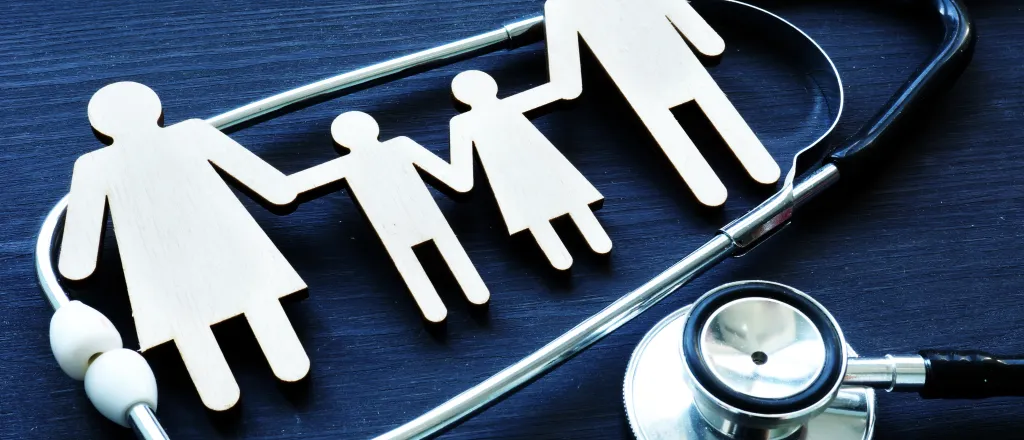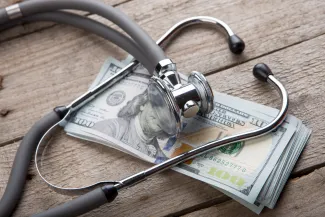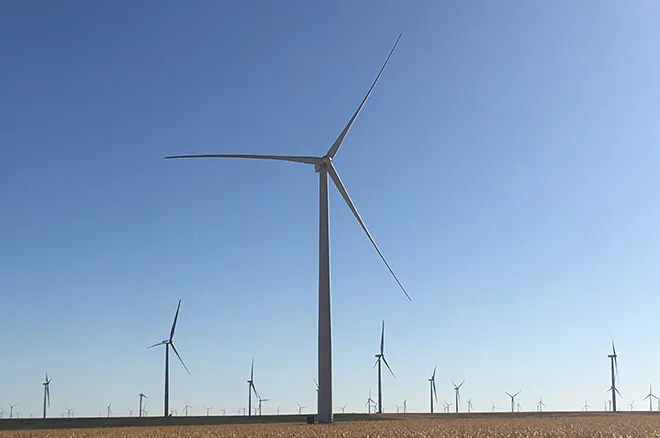
New funding a boost for community health centers
Click play to listen to a version of this article.
(Missouri News Service) Community health centers across the nation are getting a boost in funding thanks to Congress' passage of a bipartisan spending package.
House Resolution 4366 is a package of six Fiscal Year 2024 appropriations bills that continues funding for several programs and helps avoid a partial government shutdown. Community health centers provide health-care access to 31 million Americans and are vital to people, especially in rural areas.

Joe Dunn, senior vice president for public policy and advocacy with the National Association of Community Health Centers, said roughly one in 11 Americans across the country get their or her care from community health centers.
"Over 100 million Americans need better access to primary care," Dunn said. "Incentivizing people to get primary care, there's fewer hospitalizations and complications from chronic conditions based on preventive screening and care. These investments reduce the costs over the long term."
In addition to the increase of funding to $4.4 billion annually for health centers, the spending bill also extends and increases key primary-care workforce programs, such as the National Health Service Corps and the Teaching Health Center Graduate Medical Education Program.
Dunn said folks living in rural areas are seeing many hospital closures and have fewer primary-care options, and added that this network is a critical source of comprehensive care.
"They provide primary care, behavioral health, dental, just an array of services often in newer communities to reach underserved patients across the nation, especially in rural and frontier areas," he continued.
The Congressional Budget Office reported the increase in funding for community health centers just through the end of this year will reduce federal spending on public health insurance programs by more than $700 million.

















